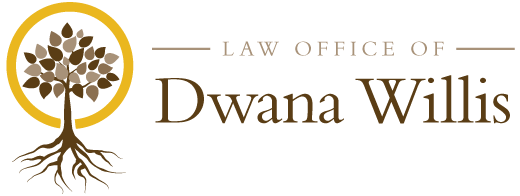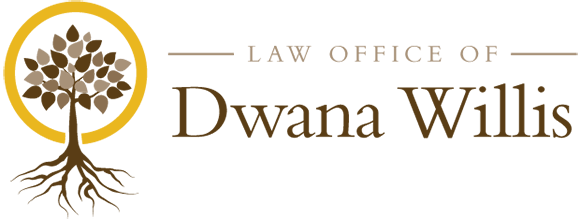Dwana Willis, JD. Your family’s Personal lawyer in LA County
‘The past cannot be changed. The future is yet in your power.’ unknown
Know that you don’t have to be alone
Providing legal representation for children and families during important life transitions like foster placement, adoptions, or losing a loved one is my focus and my passion.
I have been litigating cases on behalf of abused and neglected children for over ten years. In 2021, I expanded my areas of practice to include adoptions, relative placments and De Facto Parent representation.
It is my mission to help families navigate the intersection between court systems to feel safe and assured that their interests are being protected and their best outcome is the goal. Let me help make a difference in your life.

Areas of Practice
Juvenile Dependency
Adoptions
Affiliations
American Bar Association
Los Angeles County Bar Association – Trust and Estate Section
Executive Board Member Walden School, Pasadena
Nat’l Child Welfare Workforce
Education
Whittier Law School, Costa Mesa, CA JD, 2003
Deans List • Law Review Candidate • Moot Court Honors Board • Black Law Student President • Special Education Advocate
What my Clients have to say…
These testimonials do not constitute a guarantee, warranty, or prediction regarding the outcome of your legal matter.






